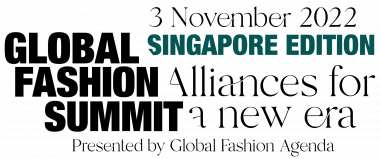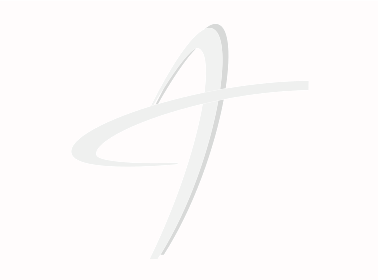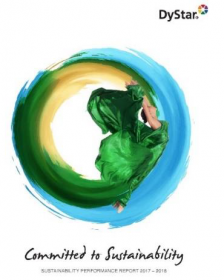DyStar Releases 2022 – 2023 Integrated Sustainability Report
DyStar, a leading specialty chemical company announced the release of its thirteenth annual Integrated Sustainability Report. The report is prepared in accordance with the updated GRI Standards 2021: Core Options. Despite the challenging business landscape and economic situations, DyStar remains committed to delivering tangible values that the Group has strategically created through the six major capitals, using the Integrated Reporting <IR> framework.
DyStar’s business strategies have proven their effectiveness and delivered significant progress toward its 2025 targets. The company has successfully reduced its environmental footprint in Greenhouse Gas Emission intensity and Wastewater production intensity by more than 30%, compared to the baseline year 2011.
More specifically, DyStar’s Scope 1 and Scope 2 Greenhouse Gas (GHG) Emissions intensity was 45% lower (tCO2e per ton production) than the baseline year 2011, with a totaled GHG emission of 56.91 thousand tCO2e. This is also 9% lower when compared to FY2021.
Similarly, for Wastewater production intensity, DyStar achieved a 52% reduction compared to baseline year 2011, and a 24% reduction from FY2021.
Some other key highlights and value-adds include (when compared to FY2021):
- Financial Capital: The results of production efficiency and streamlining manufacturing indirectly contributed to the reduction of 5.8% in operating cost
- Manufactured Capital: Apart from ensuring quality suppliers through DyStar’s internal audit, DyStar’s effort on environmental performance and climate impacts with the Institute of Public & Environmental Affairs (IPE) was recognized and ranked second by industry on IPE’s Green Supply Chain Corporate Information Transparency Index (CITI)
- Intellectual Capital: The innovative Cadira® modules continue to support the supply chain with a lower carbon footprint
- Human Capital: The full launch of DyStar University (DSU), a proprietary LMS, supports the learning and development of employees globally
- Social Capital: DyStar’s culturally diverse workforce organized a variety of activities and events in support of its global community and made a total contribution of USD 128,946 to various corporate social responsibility (“CSR”) program.
Despite the harsh economic headwinds, these figures further demonstrated the effectiveness of DyStar’s initiatives that were installed throughout the reporting year.
DyStar maintains a cautious yet optimistic outlook on its global performance.
DyStar Singapore Pte Ltd












